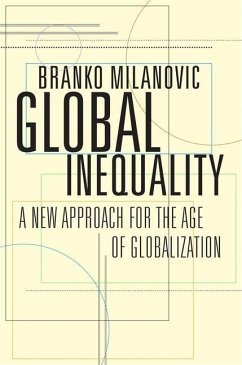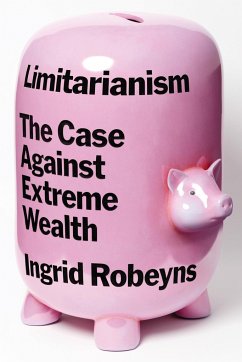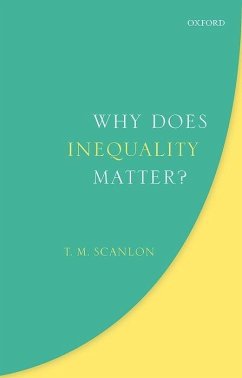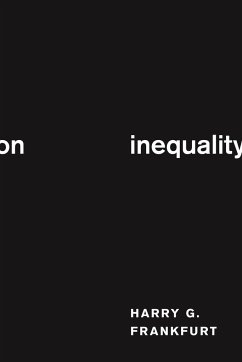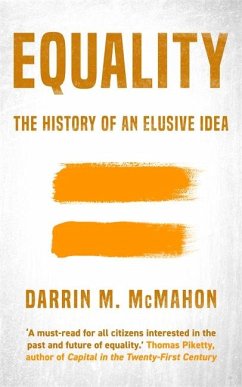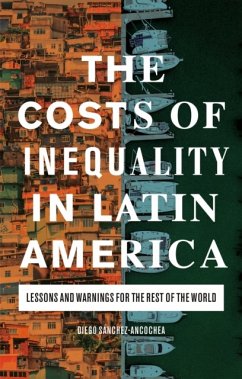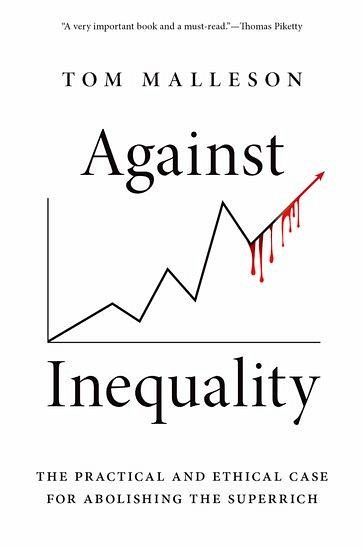
Against Inequality
The Practical and Ethical Case for Abolishing the Superrich
Versandkostenfrei!
Versandfertig in 2-4 Wochen
34,99 €
inkl. MwSt.
Weitere Ausgaben:

PAYBACK Punkte
17 °P sammeln!
In Against Inequality, Tom Malleson makes the case for rejecting meritocracy, presenting a strong defense against the claim that individuals "deserve" their wealth. Malleson presents historical and comparative evidence to show that raising taxes on both income and wealth is practically feasible and that any costs of doing so are far outweighed by the truly enormous benefits that such taxes could bring in terms of environmental sustainability, democratic equality, equal opportunity, and reduced racism and xenophobia. In an era of remarkable wealth idolatry, Against Inequality takes the radical ...
In Against Inequality, Tom Malleson makes the case for rejecting meritocracy, presenting a strong defense against the claim that individuals "deserve" their wealth. Malleson presents historical and comparative evidence to show that raising taxes on both income and wealth is practically feasible and that any costs of doing so are far outweighed by the truly enormous benefits that such taxes could bring in terms of environmental sustainability, democratic equality, equal opportunity, and reduced racism and xenophobia. In an era of remarkable wealth idolatry, Against Inequality takes the radical position that we should abolish the billionaires.






